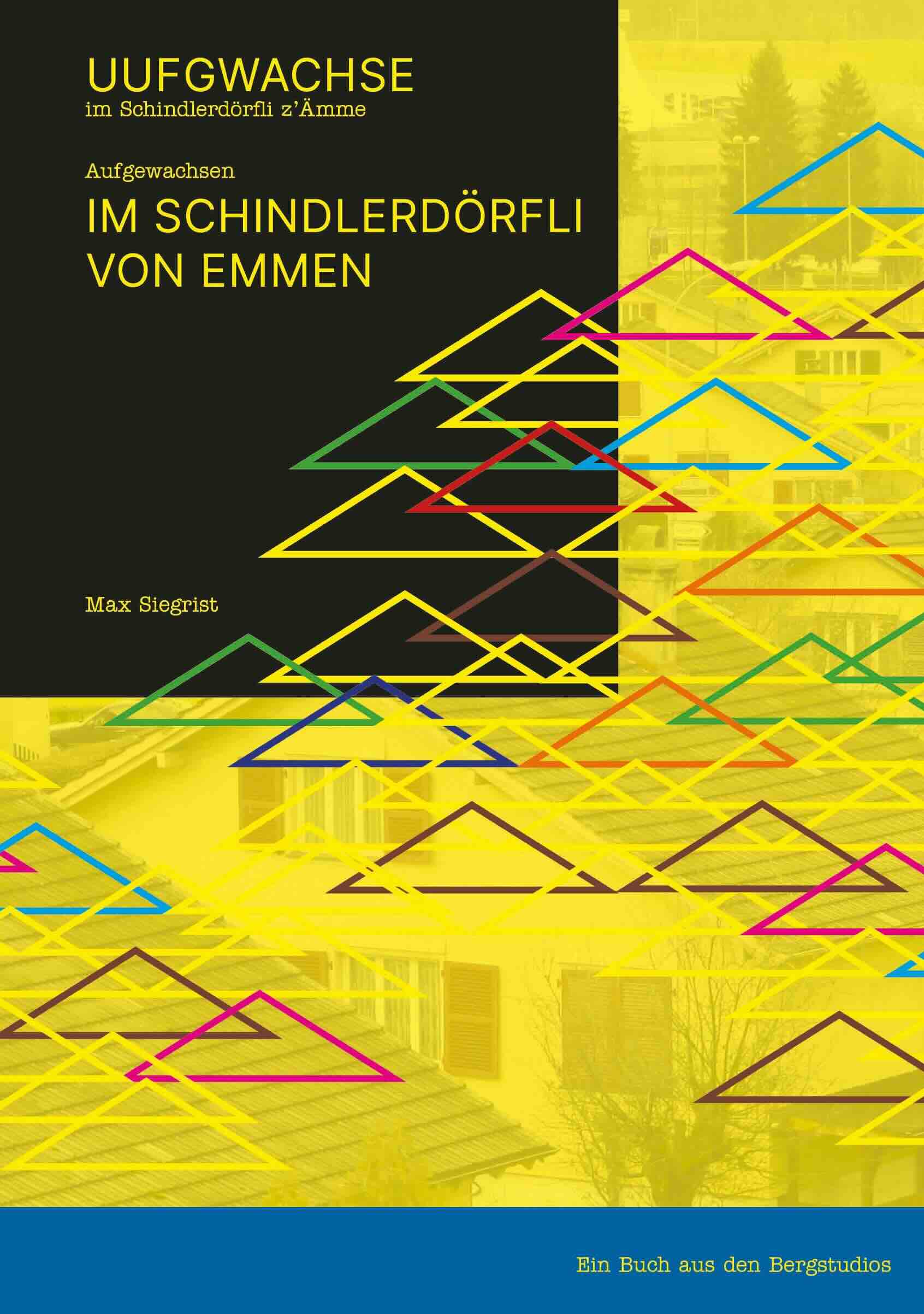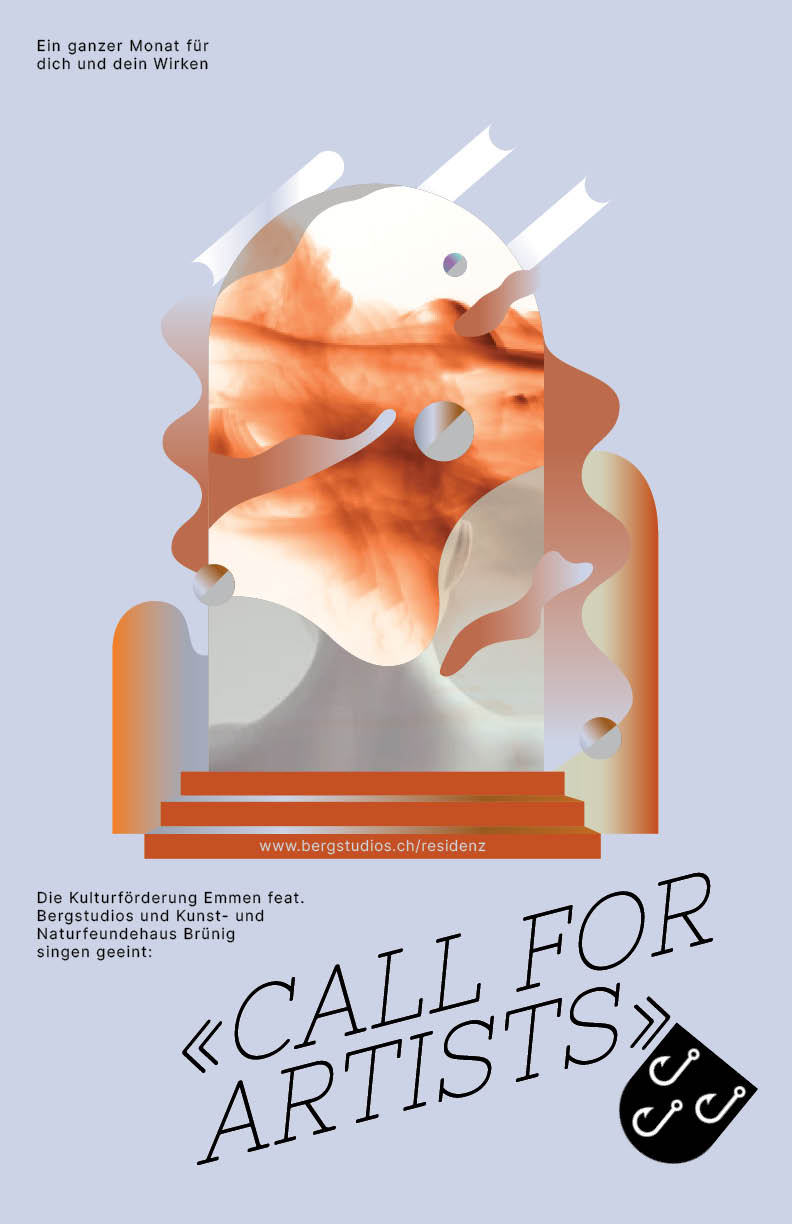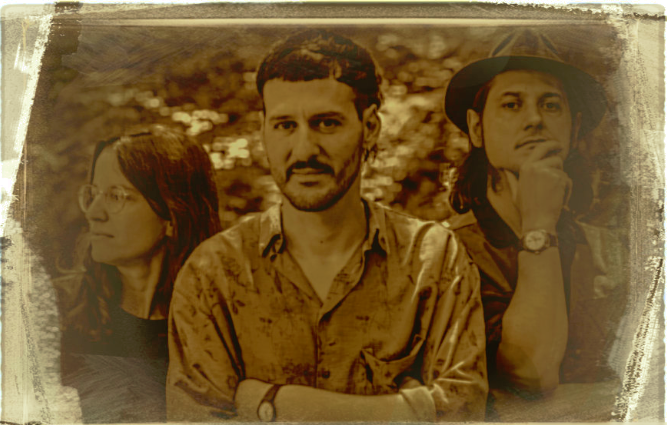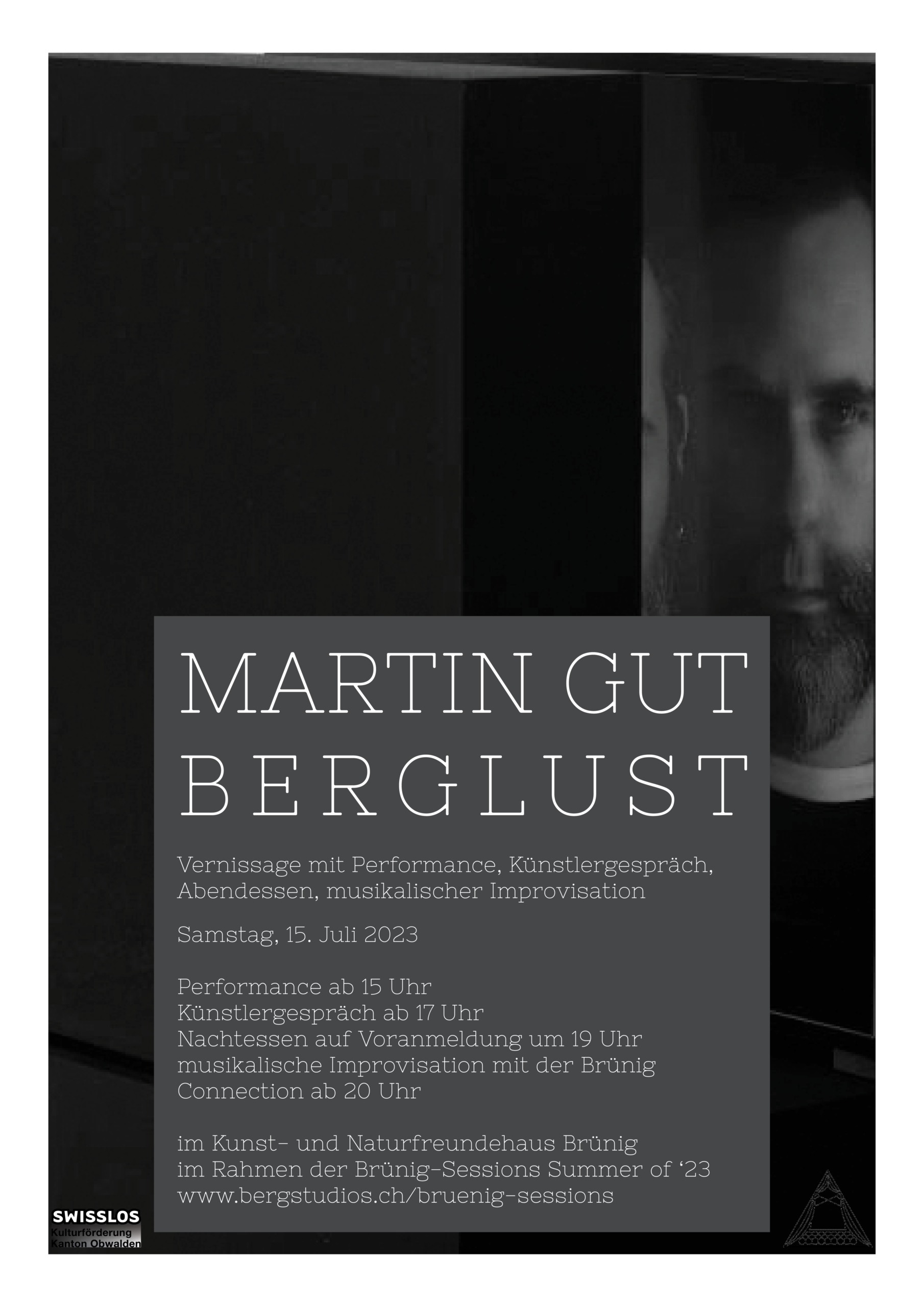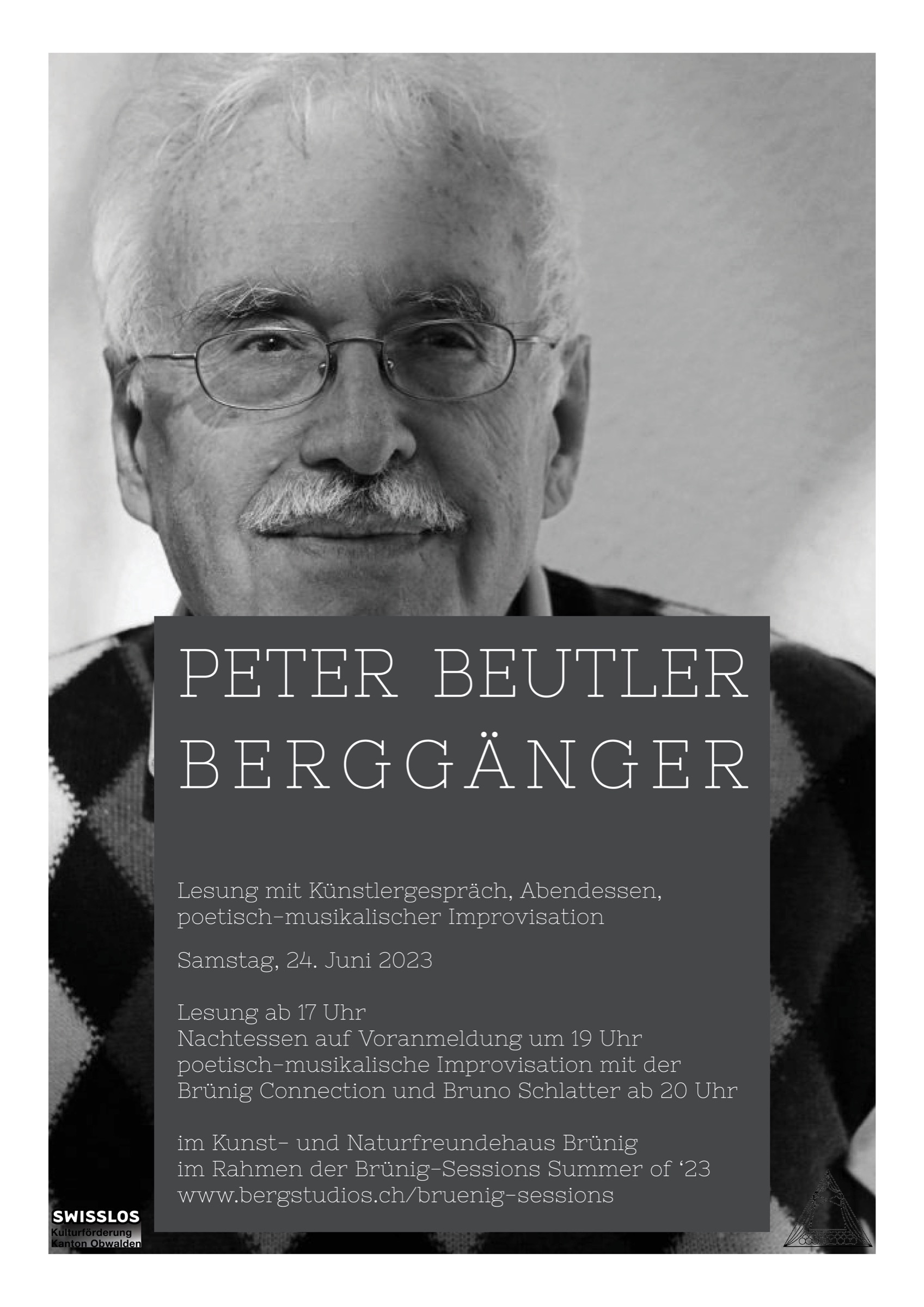Why is there another conflict in the Middle East? It was so easy with the conflict in the Ukraine.
The aggressor is Putin and Ukraine is the victim. American or capitalist cultures or states are on the side of the victim, i.e. in favour of Ukraine. And are publicly prepared to send weapons in the belief that they can end the conflict and kill the aggressor and his soldiers – who are people like you and me. In reality, however, this only leads to more bloodshed and certainly not to an end. But gopf, what do I do about the Israel and Palestine conflict, many are probably asking themselves now. How and where should I position myself? Because this conflict seems to be much more complex.
In this new conflict, the conventional wisdom is that it is quite clear that the conflict should not have flared up again. And there must be no more bloodshed. Why is this opinion prevalent here? – Because after all these years, society has learnt that such a conflict only leads to the death and suffering of innocent people and that the fighting, i.e. the killing, should stop as soon as possible. That’s the right thing. Because the goals of both parties can be clarified diplomatically. Various nations and organisations specialise in this and have a tradition of doing so. And why doesn’t the same opinion prevail in the Ukraine conflict?
Because the discourses of different societies, states and cultures (i.e. how people talk about what) are consciously conducted and you may never have noticed or questioned this and simply followed.
One of the two is a recent conflict. We believe the model of perpetrator and victim. With the older conflict, this isn’t so clear anymore. And it doesn’t make sense to go into too much detail because, as we all know, the devil is in the detail.
And I don’t want to mislead anyone here into taking a different view. Rather, I want to help people gain an overview so that they don’t end up in a conflict themselves and even find themselves on the front line in a few years’ time because it’s on our doorstep. We have to think about that. Because what’s going on there is real and it’s a place like here. And there are people here too. If it became like there, your neighbours would die. That must never happen and that’s why we have to do our best and always be in favour of peace and against bloodshed.
Unfortunately, we do not (yet) have the formula for world peace, but studying the past has made us realise a few things. Prosperity prevents wars, as cynical as it sounds, but that’s exactly how it is. As long as we earn more than we did yesterday, or at least can earn more, there will be peace. Or more precisely, there will be no war. Switzerland’s neutral path is therefore, for better or worse, one of the best paths. Not interfering in war, not taking sides, which then also means being able to do business with both sides, offering diplomatic channels to ultimately achieve peace in trade. And peace in this case means being able to do business with whom you want and how you want. The advantage of doing business is that you have the chance to find a solution for other issues too, because you are sitting at the same table on an equal footing.
We are dependent on each other, we are in a relationship, in an interaction. And this has to be nurtured, otherwise it gets messy. We can’t just go our separate ways. The earth is a sphere. If I turn something off here, it’s missed there. People call from there and ask what’s going on. If we don’t get in touch, they come round to see what’s going on. It’s as simple as that. That’s why we have to do good business. And in such a way that everyone gets a good deal. Then we don’t have to fight.
Book tips (directly translated, might be wrong):
The Barbarism of Others – European Universalism. Author: Immanuel Wallerstein
The order of discourse. Author: Michel Foucault
Here is the matching song:
Opus by DIE DIE BE (Spotify / Free Download)
Lyrics:
if there’s nothing to rely on we are lost
each truth is true and to die for
why can’t we live together
truth kills



